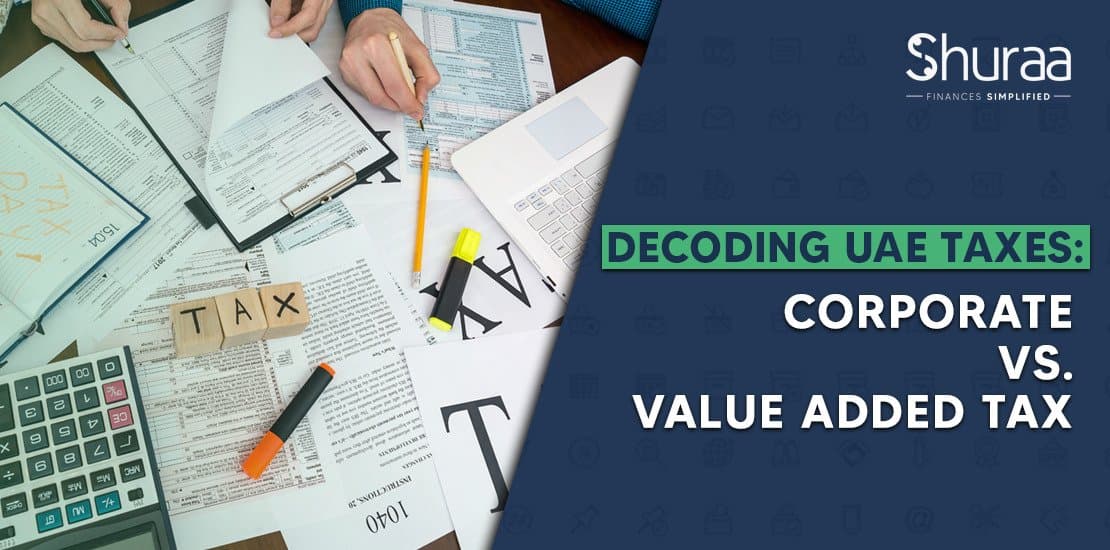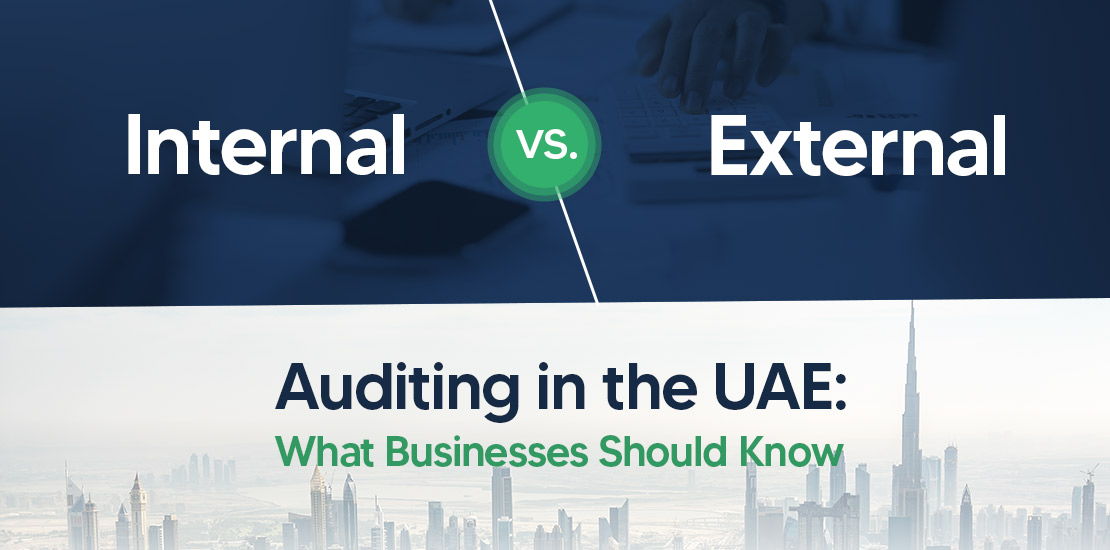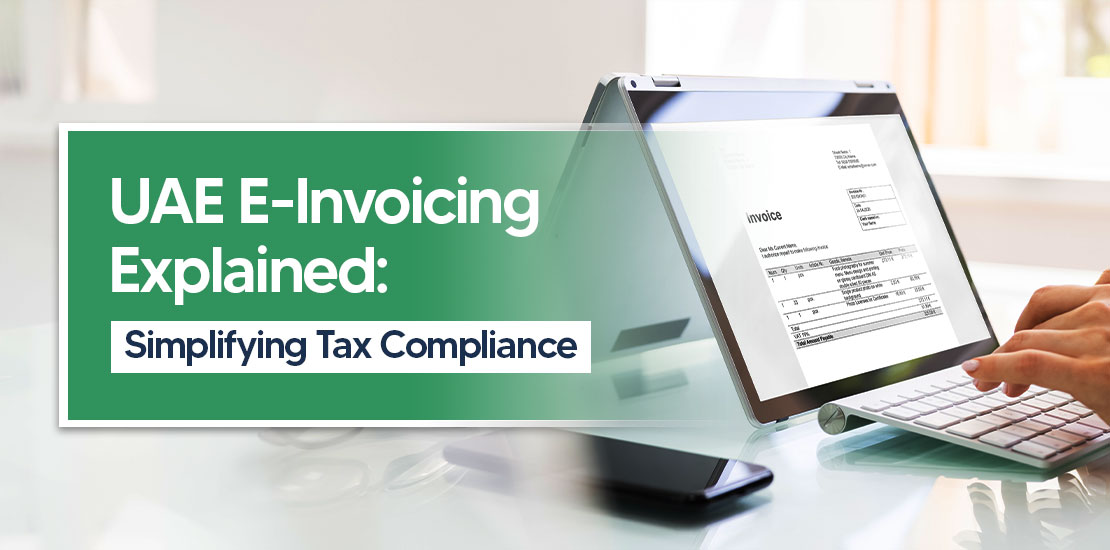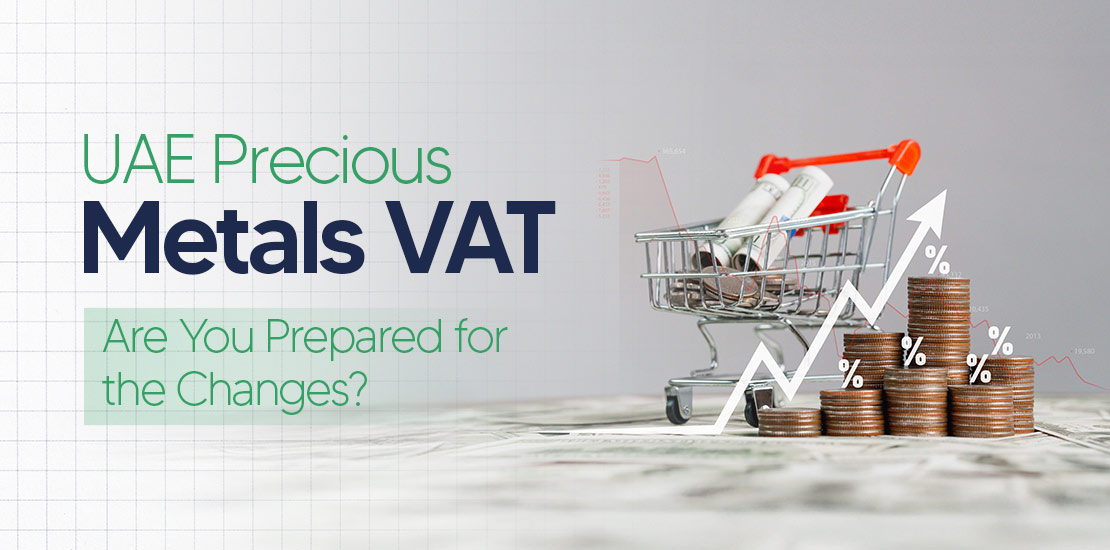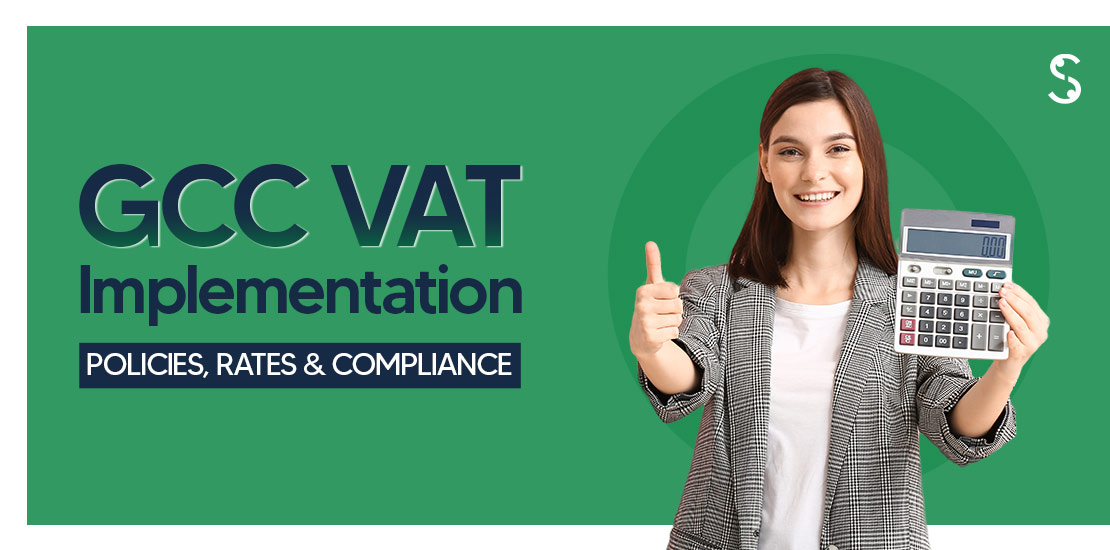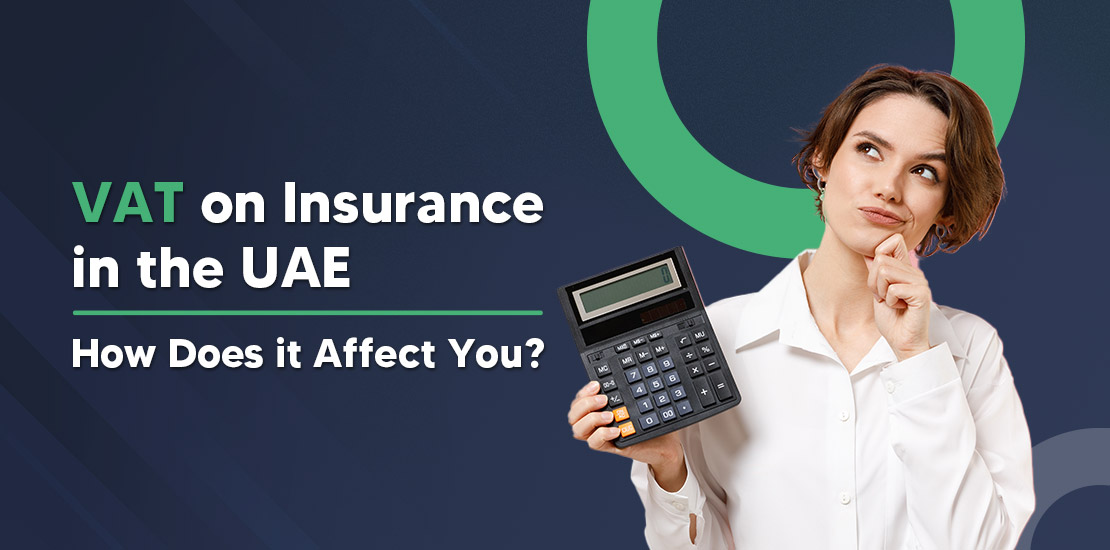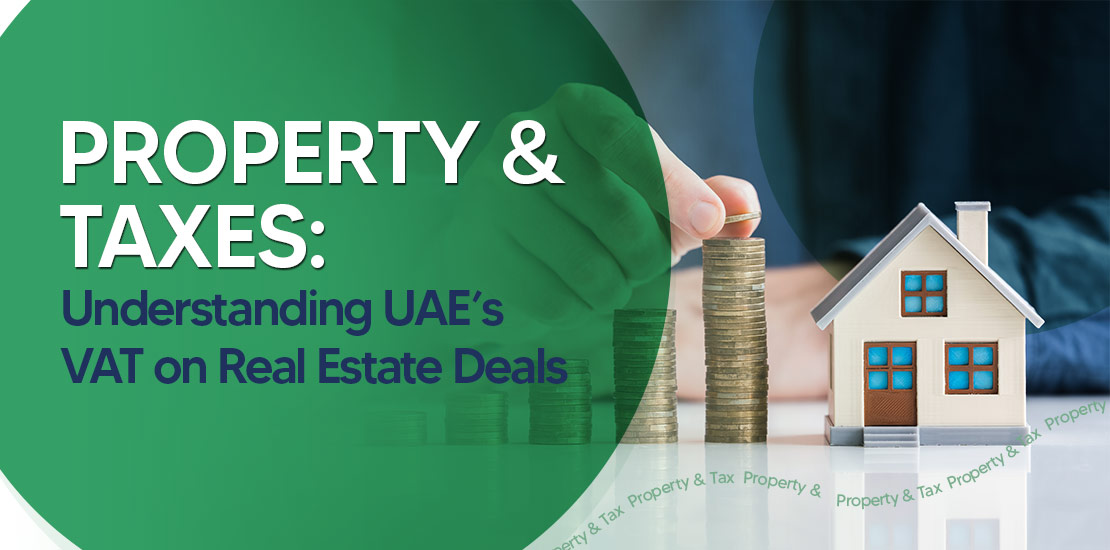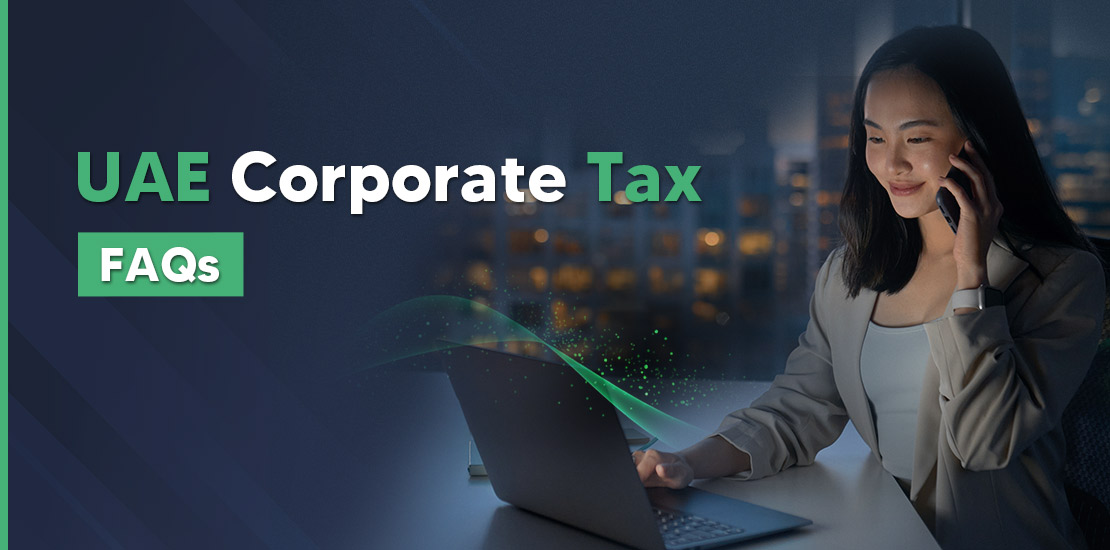In Dubai’s bustling business landscape, the differences between corporation tax vs VAT are key pillars shaping companies’ fiscal strategies. While corporation tax levies a percentage on a company’s profits, VAT operates as a consumption tax applied at every stage of the supply chain. Going deeper into these variances is essential for businesses to guide the UAE’s tax framework efficiently. At the intersection of these intricacies lies Shuraa Tax, offering easy solutions to facilitate compliance and optimise financial outcomes. Join us as we examine the differences between corporation tax and VAT, disclosing insights to certify businesses in Dubai’s ever-evolving economic terrain.
How Is Corporate Tax Different from Value Added Tax In UAE?
The UAE serves as a central hub and preferred location for conducting business, offering its own unique set of regulations. It is essential for any entrepreneur aiming to establish a company in this vibrant environment to grasp the local laws, especially those related to taxation. Two significant taxes demand attention in the UAE: corporate tax and VAT. This blog aims to illuminate the definitions and disparities between these taxes, providing clarity for businessmen navigating the UAE’s intricate tax landscape.
Introducing Corporate Tax
In the past, the UAE operated as a tax haven, offering companies exemption from corporate tax. However, a significant change is underway as the UAE government prepares to implement corporate tax on business profits. This shift is heralded by the issuance of the Corporate Tax Decree Law by the Federal Tax Authority on December 9, 2022.
The primary aim of this tax reform is to diversify the UAE economy away from its reliance on oil revenues. The government intends to achieve this transformative objective through substantial investments in technology and innovation, along with the introduction of corporate tax in Dubai and nationwide.
By expanding revenue sources beyond oil-related income, the introduction of corporate taxation is expected to boost state revenues, fostering greater economic stability and resilience.
Additionally, the system includes exemptions for:
- Profits from intra-group transactions.
- Profits from group re-organization.
- Dividends from UAE companies.
- Tips from foreign companies.
Proposed Corporate Tax Rates and Regulations
In the updated corporate tax framework, the proposed tax rates are outlined as follows:
- If the net profit in one financial year is up to AED 375,000 the company is subject to a 0% tax rate.
- If the net profit in one financial year is overreaching AED 375,000 then it is subject to a 9% tax rate.
- Furthermore, Multinational Enterprises (MNEs) falling under Pillar 2 of the BEPS 2.0 framework will adhere to relevant authorities’ OECD Base Erosion and Profit-Sharing Rules.
Understanding Value Added Tax (VAT) in UAE
Value Added Tax (VAT) is a consumption-based tax levied on goods and services, operating as a standard fiscal tool adopted by over 150 countries worldwide. Introduced in the UAE on January 1, 2018, VAT applies to most transactions at a standard rate of 5%. Businesses are mandated to register for VAT if their taxable supplies and imports surpass the specified threshold of AED 375,000.
VAT-registered businesses must file periodic VAT returns to the Federal Tax Authority (FTA). By diversifying revenue streams, VAT contributes to the government’s financial objectives outlined in the national budget.
Specific sectors are exempt from Value Added Tax (VAT), including:
- Specific financial services as outlined in VAT legislation
- Residential properties
- Bare land
- Local passenger transport
Difference between VAT and Corporate Tax
The difference between corporation tax vs VAT lies in their tax structures. Corporate tax operates as a profit-oriented tax, while VAT functions as a consumption-based levy.
Corporate tax is imposed on companies and settled by them directly, whereas consumers ultimately bear VAT by purchasing goods and services.
VAT computation involves accumulating value at each production stage, whereas corporate tax in Dubai is computed based on profits.
In corporate tax, businesses must report their profits and fulfill tax obligations based on the corporate tax scheme mandated by the government. Conversely, in the VAT system, companies are tasked with levying VAT on sales to customers and remitting it to the Federal Tax Authority (FTA).
In summary, efficient business operations in the UAE necessitate a comprehensive grasp of diverse tax structures. Corporate taxes are set on profits, whereas value-added taxes are consumption-based, impacting consumers’ expenditures on goods and services.
How Shuraa Tax Can Support You
Shuraa Tax has delivered exceptional tax advisory, accounting, and auditing services to clients for over a decade. With our seasoned team of experts well-versed in VAT and corporate tax laws, we can assist you in accessing tax benefits and ensuring the timely filing of VAT returns.
Our dedicated team at Shuraa Tax offers comprehensive tax consultation to help you steer clear of tax evasion and its associated penalties. To explore our services further, reach out to our team today. Contact us at +971508912062 or email us at info@shuraatax.com.



